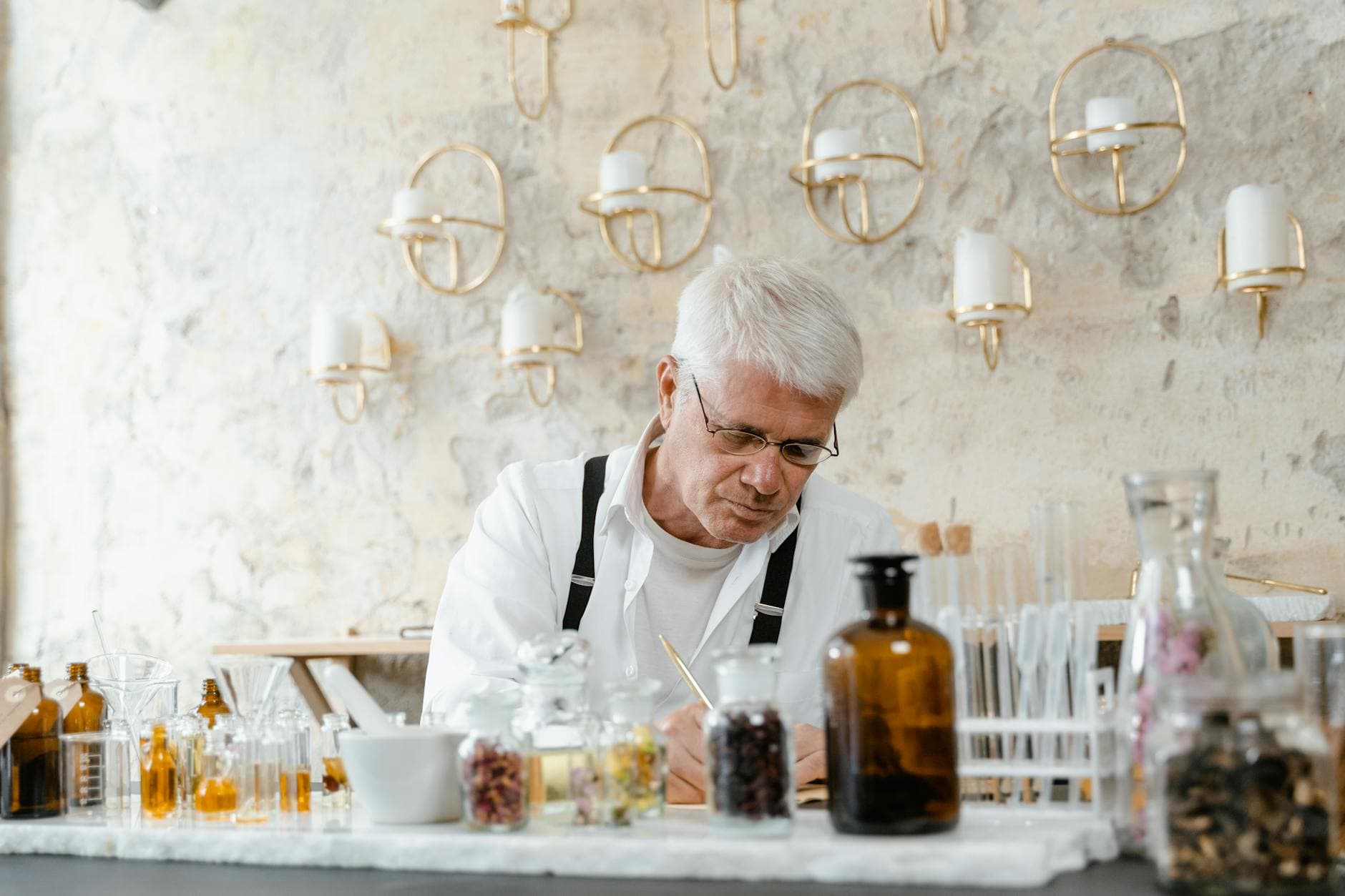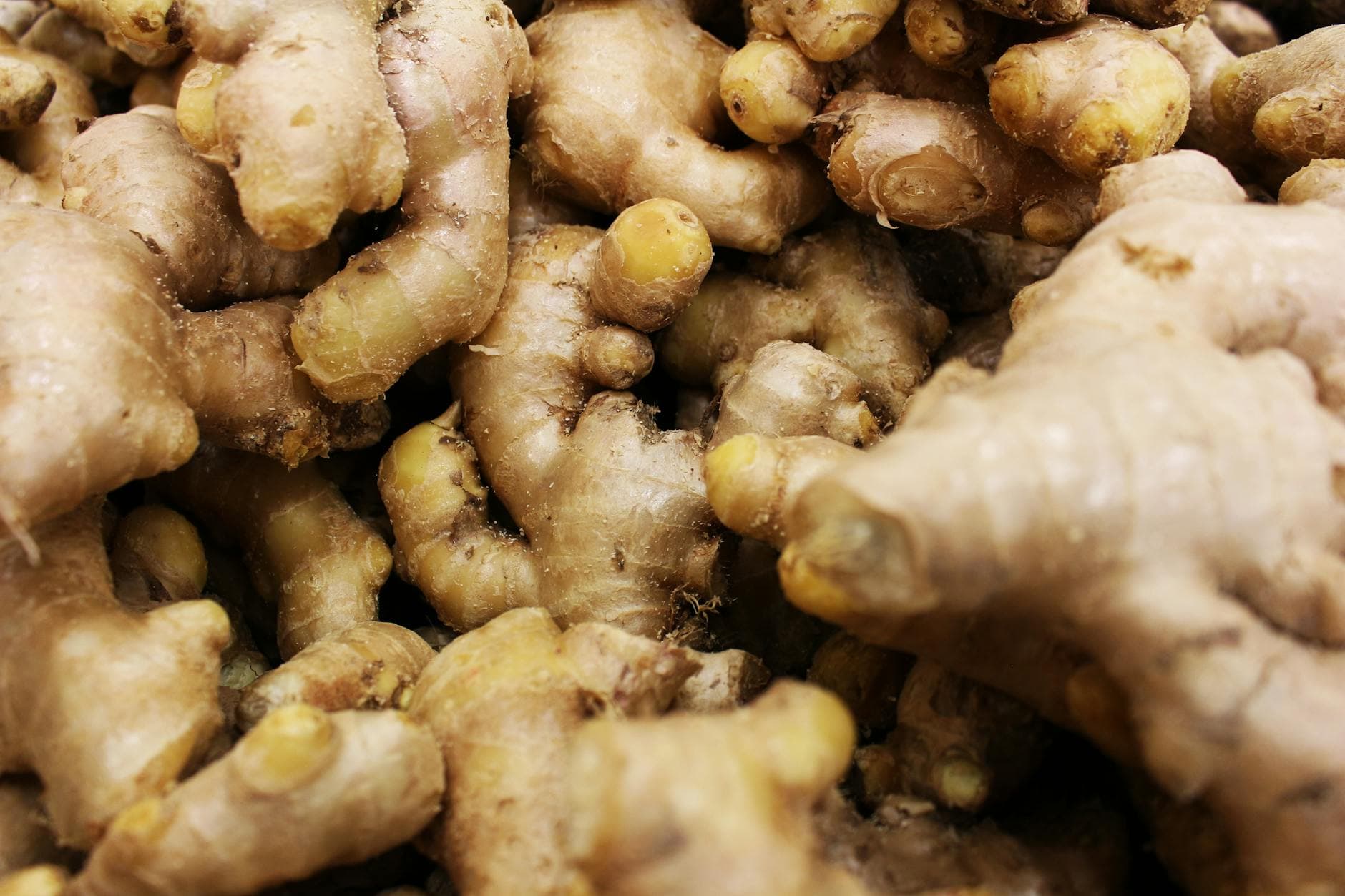Prostatitis, an often painful and frustrating condition affecting the prostate gland, impacts millions of men worldwide. It can manifest in various forms, from acute bacterial infections to chronic pelvic pain syndromes, significantly diminishing quality of life. While conventional treatments are vital, many men seek natural approaches to complement their care and achieve lasting relief. However, navigating the world of natural remedies without guidance can lead to common mistakes that hinder progress or even worsen symptoms. This article from Healbal explores the crucial errors to avoid when managing prostatitis naturally, providing practical, evidence-based advice to support your prostate health journey.
Causes
Understanding Prostatitis: What Causes It?
Prostatitis isn't a single condition, but rather a group of syndromes with varied causes. Understanding these distinctions is crucial to effective management and avoiding missteps.
- Bacterial Infection: For acute (sudden, severe) and chronic (recurrent) bacterial prostatitis, bacteria are the primary culprits. These infections can originate from the urinary tract or sexually transmitted infections.
- Chronic Pelvic Pain Syndrome (CPPS): This is the most common form, where no bacterial infection is found. Its causes are complex and often multifactorial, including:
- Nerve Irritation: Damage or irritation to nerves in the pelvic area.
- Pelvic Floor Muscle Dysfunction: Tight, spasming, or weakened pelvic floor muscles can lead to pain and urinary symptoms.
- Autoimmune Response: The body's immune system may mistakenly attack prostate tissue.
- Chemical Irritation: Urine reflux into the prostate ducts.
- Psychological Stress: Stress and anxiety can exacerbate pain perception and muscle tension in the pelvic region.
- Lifestyle Factors: Prolonged sitting, dehydration, certain dietary choices, and even cycling can contribute to prostate inflammation or exacerbate symptoms.
- Other Risk Factors: Previous urinary tract infections, catheterization, prostate biopsy, and a history of sexually transmitted infections can increase the risk of developing prostatitis.
Symptoms
Recognizing the Signs and When to Seek Medical Help
The symptoms of prostatitis can vary widely depending on the type and severity. Recognizing these signs is the first step, but a crucial mistake to avoid is self-diagnosis without professional confirmation.
- Pain: This is a hallmark symptom, often felt in the lower back, groin, perineum (area between the scrotum and anus), genitals (penis, testicles), or lower abdomen. The pain can range from a dull ache to sharp, burning sensations.
- Urinary Issues: Frequent urination, urgent need to urinate, painful urination (dysuria), difficulty starting or stopping urination, weak urine stream, or nighttime urination (nocturia).
- Sexual Dysfunction: Painful ejaculation, reduced libido, or erectile dysfunction.
- Flu-like Symptoms: For acute bacterial prostatitis, symptoms can include high fever, chills, body aches, and general malaise.
- Fatigue and Malaise: A general feeling of being unwell or tired, especially with chronic forms.
When to See a Doctor (Red Flags): While natural approaches offer significant support, certain symptoms warrant immediate medical attention. Do not make the mistake of delaying professional consultation if you experience:
- Sudden, severe pelvic or genital pain.
- High fever, chills, or flu-like symptoms, which can indicate acute bacterial prostatitis requiring antibiotics.
- Inability to urinate or extreme difficulty emptying your bladder.
- Blood in your urine.
- Persistent or worsening symptoms despite initial home care.
A proper diagnosis from a healthcare professional is essential to rule out serious conditions and guide your treatment plan.
Natural Remedies
Effective Natural Strategies for Prostatitis Support
Beyond specific herbs, a holistic approach involving lifestyle and dietary changes is paramount. A common mistake is to solely rely on supplements while neglecting fundamental health habits.
- Anti-Inflammatory Diet: One of the biggest mistakes is consuming a diet rich in inflammatory foods. Instead, adopt an anti-inflammatory eating plan. Focus on:
- Fruits and Vegetables: Rich in antioxidants and fiber.
- Whole Grains: Brown rice, quinoa, oats.
- Lean Proteins: Fish (especially fatty fish like salmon for omega-3s), poultry, legumes.
- Healthy Fats: Avocado, olive oil, nuts, and seeds.
- Optimal Hydration: Don't make the mistake of being dehydrated. Drinking plenty of water helps flush the urinary tract and prevents urine from becoming too concentrated, which can irritate the bladder and prostate. Aim for 8-10 glasses of filtered water daily.
- Pelvic Floor Health: Overlooking pelvic floor muscle tension is a frequent pitfall in CPPS management. Gentle stretches and relaxation exercises for the pelvic floor can significantly reduce pain. Consult a pelvic floor physical therapist for personalized guidance to ensure you're doing the right exercises (often relaxation, not strengthening).
- Stress Management: Chronic stress exacerbates inflammation and muscle tension. Failing to address stress is a mistake that can undermine other efforts. Incorporate stress-reducing techniques such as:
- Mindfulness meditation or deep breathing exercises.
- Yoga or Tai Chi.
- Spending time in nature.
- Ensuring adequate sleep.
- Heat Therapy: Warm baths or sitz baths can provide soothing relief from pelvic pain and muscle spasms. The warmth helps to relax the pelvic muscles and improve blood circulation.
- Regular, Gentle Exercise: While high-impact activities might aggravate symptoms, moderate, low-impact exercise like walking, swimming, or cycling (with a prostate-friendly seat) can improve circulation, reduce stress, and maintain overall health. Avoid prolonged sitting by taking regular breaks to stand and stretch.
Herbal Treatments
Evidence-Based Herbal Options for Prostate Health
Herbal remedies can be powerful allies in managing prostatitis symptoms, but a critical mistake is to use them without understanding their benefits, proper dosage, and potential interactions.
- Quercetin: This potent bioflavonoid is a natural antioxidant and anti-inflammatory agent. Studies suggest it can significantly reduce pain and improve quality of life in men with CPPS. It's thought to work by inhibiting inflammatory pathways and stabilizing mast cells.Usage: Typically taken in capsule form, often with bromelain to enhance absorption. Consult a practitioner for appropriate dosing.
- Pollen Extract (Cernilton): Derived from specific flower pollens, this extract has been extensively studied for its benefits in CPPS and BPH. It appears to have anti-inflammatory and smooth muscle relaxing properties, helping to reduce pain and improve urinary flow.Usage: Available in standardized capsule form.
- Saw Palmetto (Serenoa repens): While primarily known for BPH, some research indicates it may offer anti-inflammatory benefits that could support men with chronic prostatitis. It's believed to inhibit certain enzymes involved in prostate growth and inflammation.Usage: Typically taken as a standardized extract in capsule form. Be aware it may take several weeks to notice effects.
- Nettle Root (Urtica dioica): Nettle root possesses anti-inflammatory properties and can support urinary function, often used in conjunction with saw palmetto. It may help with symptoms like frequent urination and nighttime voiding.Usage: Available as tea, tincture, or capsule.
- Pygeum Africanum: An extract from the bark of the African plum tree, Pygeum has anti-inflammatory effects and may improve urinary symptoms by reducing prostate swelling and promoting healthy urinary flow.Usage: Standardized extracts are most effective.
Interactions & Contraindications: A significant mistake is assuming natural means harmless. Herbal remedies can interact with medications or be unsuitable for certain conditions. Always:
- Consult your doctor or a qualified herbalist before starting any new supplement, especially if you are on prescription medications (e.g., blood thinners, diabetes medications, immunosuppressants, or hormones).
- Monitor for side effects and discontinue use if adverse reactions occur.
- Avoid self-medicating, particularly if you have underlying health conditions or are undergoing other medical treatments.
Prevention
Preventing Prostatitis: Proactive Steps for Prostate Health
Preventing prostatitis, especially recurrent episodes, involves adopting a proactive and healthy lifestyle. Don't make the mistake of waiting for symptoms to appear before taking action.
- Maintain Good Hygiene: Practice good personal hygiene to prevent bacterial infections from spreading to the urinary tract and prostate.
- Stay Hydrated: Drinking ample water helps flush bacteria from the urinary system and keeps urine diluted, reducing irritation.
- Practice Safe Sex: Use condoms to prevent sexually transmitted infections, which can sometimes lead to prostatitis.
- Urinate Regularly: Don't hold urine for extended periods, as this can increase the risk of bladder infections that may spread to the prostate.
- Adopt an Anti-Inflammatory Diet: As discussed, a diet rich in fruits, vegetables, and healthy fats can reduce overall inflammation in the body, benefiting prostate health.
- Manage Stress: Chronic stress can contribute to pelvic muscle tension and inflammation. Incorporate stress-reduction techniques into your daily routine.
- Avoid Prolonged Sitting: Take regular breaks to stand and move around, especially if your job involves long hours of sitting. Consider a supportive cushion if needed.
- Limit Irritants: Reduce intake of caffeine, alcohol, and spicy foods, which can irritate the bladder and prostate in sensitive individuals.










